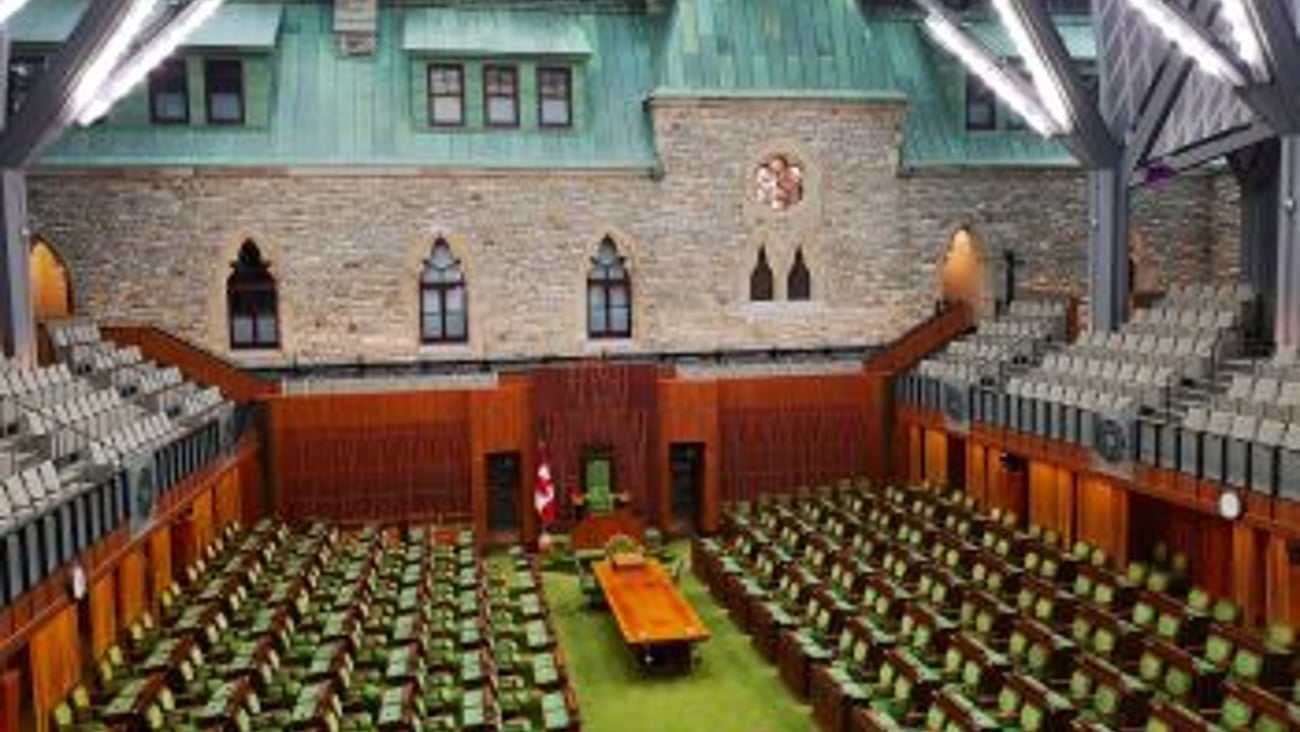Contraband and crime
Governments at all levels need to listen to what Mississauga Mayor Bonnie Crombie is saying about the challenges Ontario’s largest municipality is having putting illegal cannabis shops out of business.
“We are not addressing the black market whatsoever. In fact, I now have come to believe that we’re promoting the black market by not allowing legal shops to open,” she told the Globe & Mail in a recent article concerning the municipality’s decision not to allow legal cannabis shops.
Her words speak volumes about the state of the market in selling other age-restricted products like tobacco and vape products in Canada.
Over regulation, taxation and in the case of Mississauga, outright banning the legal retailing of a specific product, creates perfect conditions for lucrative underground markets, often managed by organized crime.
As the adage says, if there’s a will, someone will find a way.
Canada has a contraband tobacco problem. Why? Simple math. Layering taxes upon taxes on legal tobacco and sending prices sky high in an effort to meet public health objectives, like reducing the smoking rate and keeping products out of the hands of youth, actually have the opposite effect.
It’s not a coincidence that the two provinces where contraband is most prevalent – British Columbia and Newfoundland and Labrador – boast the highest tax levels in the country.
A legal carton of cigarettes in BC sells for $178. The same quantity of the contraband product can be bought for $45 out of the back of a truck. In essence, legal retailing of tobacco is priced out of the market.
So what?
This a massive problem that impacts government revenue, our industry, public health and Canadian communities.
Governments across Canada, including the federal government, are losing billions each year due to the contraband market. Canadian c-stores are seeing legal sales of tobacco evaporate, which is impacting our survival as well as our capability to support communities from coast to coast.
That’s troubling. But what is also a concern, is that the black-market product can be purchased anywhere, anytime by anyone of almost any age. When’s the last time a “seller” of illegal age-restricted products checked for ID?
And Mayor Crombie explained in a tweet how this contravenes public health objectives.
“We are only allowing the illegal market to continue to thrive. There is no way to control what products can be laced with and help prevent them from getting in the hands of our youth,” the mayor wrote April 12th on Twitter.
But the largest threat contraband poses is to Canadian communities, and not solely due to the disappearance of stores. Organized crime knows that contraband tobacco is lucrative – eight times more profitable than the sale of street drugs like cocaine and fentanyl.
Governments won’t admit it, but the sale of contraband is financing organized crime. That means for guns, gangs and grief on our streets.
And government meddling with undesirable consequences in the sale of age-restricted products isn’t only a tobacco problem.
Both the federal and provincial governments have recently focused on regulating the sale of vape products. And there’s a patchwork of differing provincial regulations concerning what flavour and where these products can be sold. In some provinces, flavoured vape sales are only allowed in specialty vape shops. In others, vape products can be sold in our channel. Many provinces have banned flavoured vapes, while others continue to allow for their sale.
While the federal government introduced an excise tax on vape, that’s not the driving force behind a growing contraband market – so far. Its governments’ decision to rule out flavoured vapes in attempt to make them less attractive to youth that is behind a growing underground market, predominantly online.
Again, where there’s a will, there’s a way. Canada’s youth can go online, buy their favourite flavoured pod with a click of mouse and have it delivered to their door. There’s rarely age gating.
That’s unfortunate, because our channel takes pride in the fact that we have a stellar track record in selling these age-restricted products. So, while convenience stores are not a meaningful part of the youth vaping problem, it is our channel that is being penalized.
Bonnie Crombie is correct. Government objectives, while well intended, can have undesirable outcomes especially when it comes to the sale of age-restricted products. The question is this: is there enough political will to correct their past mistakes with clear unintended consequences before it is too late?
Time will tell, but for many of Canada’s convenience stores, the clock is already ticking.






